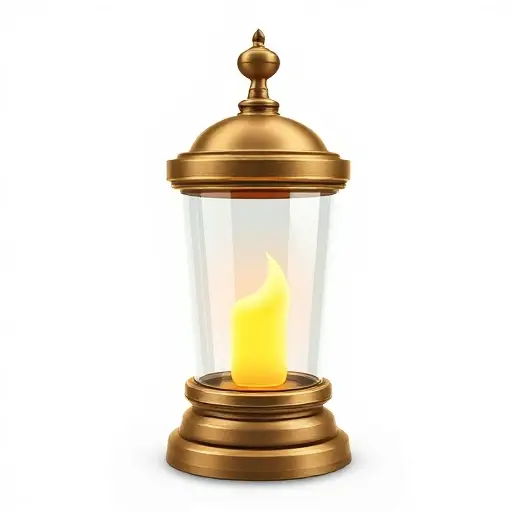Master Electrician Electrical Components
Introduction
Master Electricians are highly skilled professionals who are responsible for overseeing electrical projects, ensuring compliance with safety regulations, and troubleshooting electrical issues. In order to effectively perform their duties, master electricians must have a thorough understanding of electrical components and how they work.
Wiring Devices
One of the most important electrical components that master electricians work with is wiring devices. Wiring devices include outlets, switches, and receptacles, which are used to connect electrical appliances and devices to the power supply. Master electricians must be familiar with the different types of wiring devices available and understand how to install them correctly to ensure safe and efficient electrical connections.
Circuit Breakers
Another essential electrical component that master electricians work with is circuit breakers. Circuit breakers are designed to protect electrical circuits from overloads and short circuits by automatically cutting off power when a fault is detected. Master electricians must know how to select the right size and type of circuit breaker for a specific application and how to properly install and maintain them to prevent electrical hazards.
Conduit and Raceways
Conduit and raceways are used to protect and route electrical wiring in a safe and organized manner. Master electricians must be familiar with the different types of conduit and raceways available, such as metal, plastic, or flexible conduit, and understand how to install them according to local building codes. Proper installation of conduit and raceways is essential to prevent damage to the wiring and ensure the safety of the electrical system.
Lighting Fixtures
Lighting fixtures are another important electrical component that master electricians work with on a regular basis. Lighting fixtures include lamps, bulbs, and fixtures that are used to provide illumination in homes, offices, and other buildings. Master electricians must be knowledgeable about the different types of lighting fixtures available, such as incandescent, fluorescent, or LED, and understand how to properly install and maintain them to ensure optimal lighting performance.
